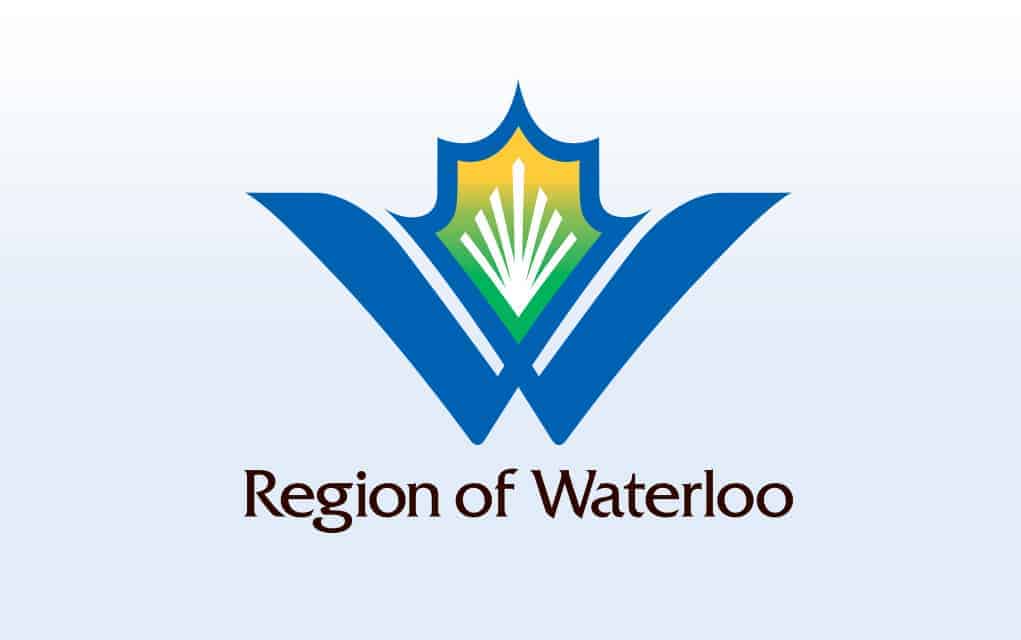;
;
;
Next Article
Province nixes idea of forced amalgamations

Perhaps concerned by the Ford government’s “open for business” policy, Woolwich councillors pushed for stronger protections for the public in drafting a response to the province’s proposed changes to the laws regulating gravel pits. The province is currently reviewing the Aggregate Resources Act, wi
Last updated on May 03, 23
Posted on Oct 31, 19
2 min read
